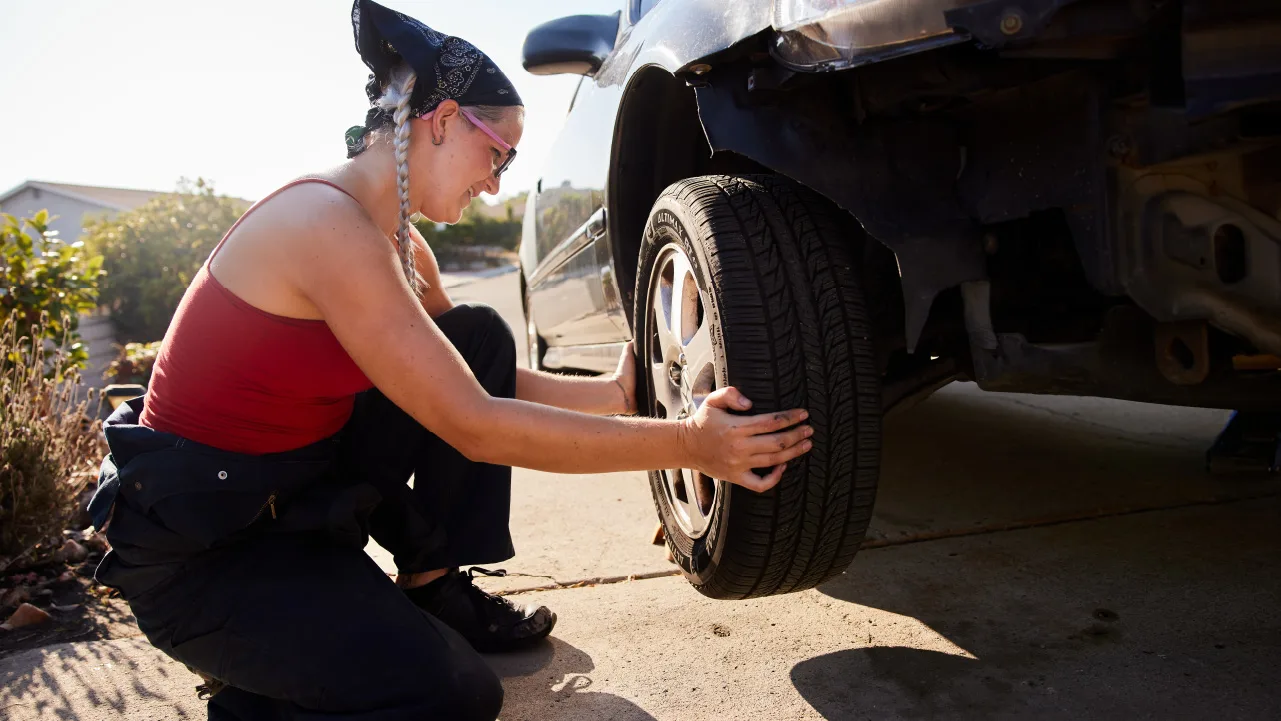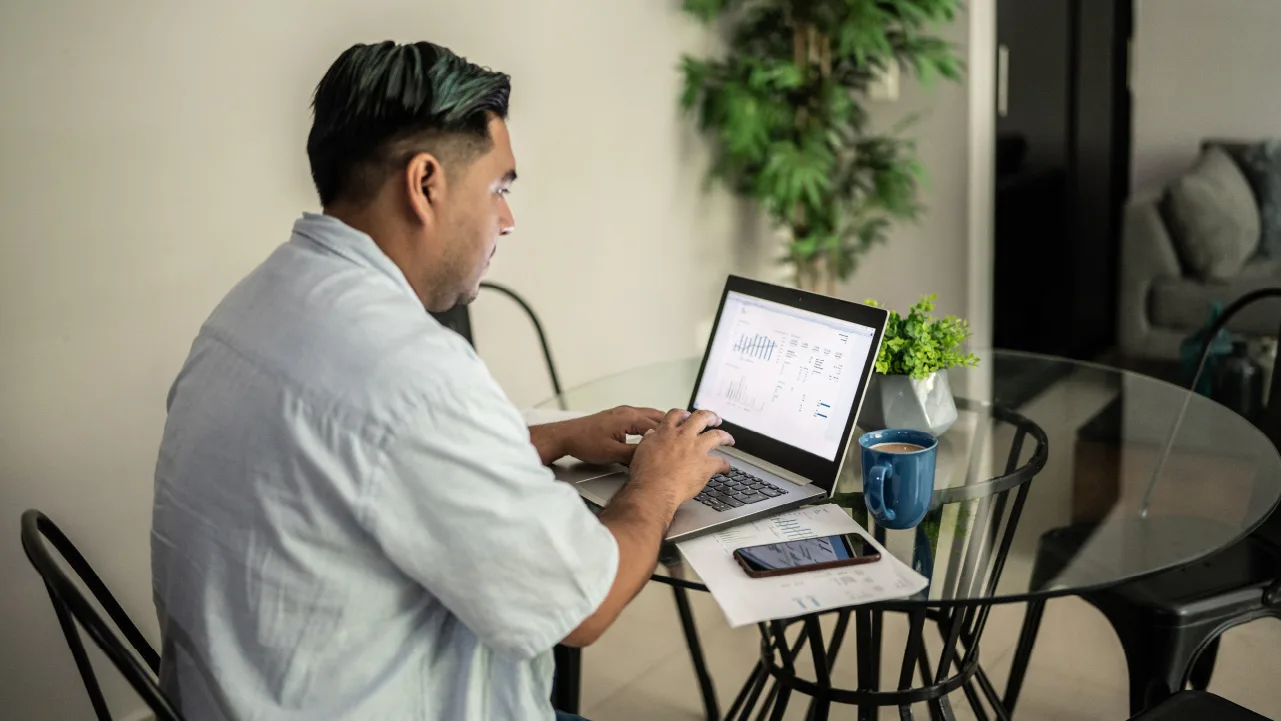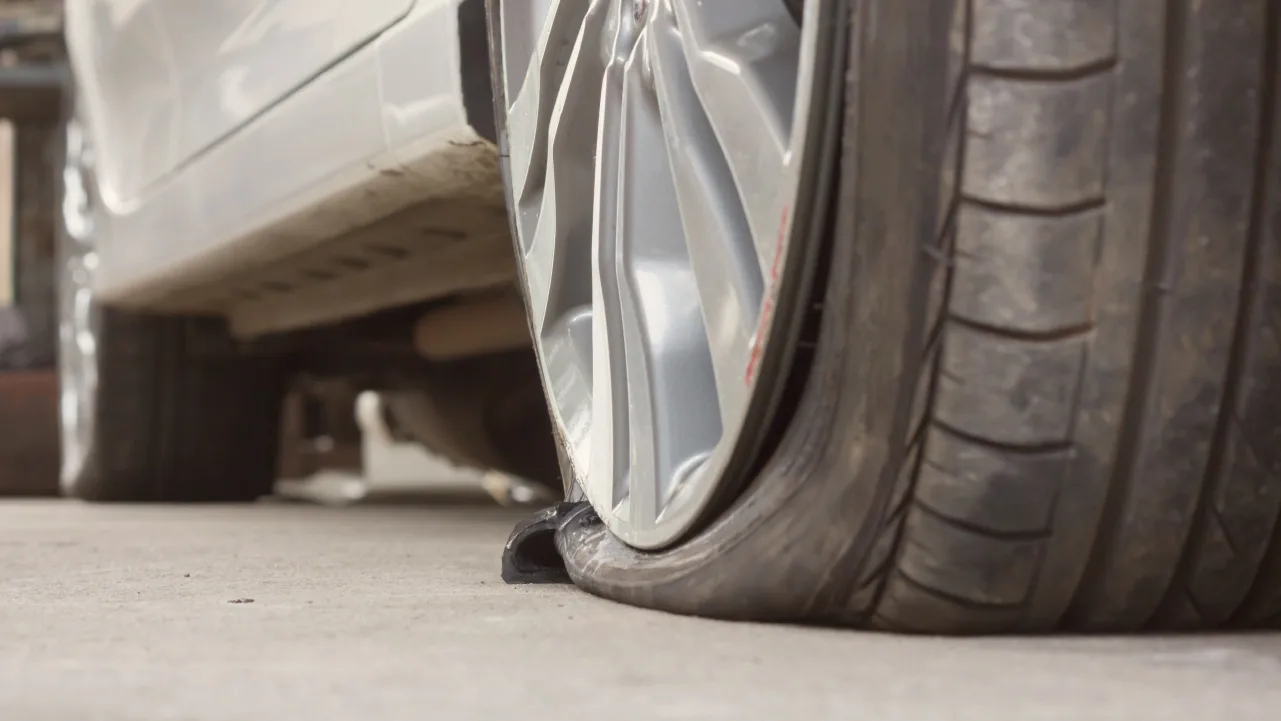At Achieve, we're committed to providing you with the most accurate, relevant and helpful financial information. While some of our content may include references to products or services we offer, our editorial integrity ensures that our experts’ opinions aren’t influenced by compensation.
Everyday Finances
When is it ok to dip into your emergency fund?
Jun 09, 2023
Written by
Reviewed by
Once I created an emergency fund, seeing my account balance climb each month was reassuring. It gave me a sense of security that I was prepared for life’s eventual surprises.
Then I pulled money out.
Bam. Months of diligent savings, gone. Was it okay to do that?
In my case, I needed the money to fix my truck. If you’re wondering when it’s okay to dip into your emergency fund, here are some guidelines.

1. Your expense is unexpected
Your emergency fund isn’t for anticipated expenses like your child’s college tuition or a planned home renovation. When you know those expenses are coming, you can save up and plan how to pay for them.
Unexpected expenses, however? Different story. If your roof starts to leak or your health insurance won’t cover a big medical bill, it’s appropriate to look at your emergency fund to cover the expense.
My vehicle repair situation caught me off-guard. It shouldn’t have. No car lasts forever without maintenance. Next time, I won’t be as surprised.
2. Your expense is essential
Identify your wants versus your needs. Your needs are things like housing, transportation, groceries, insurance, health care, debt minimum payments, utilities, and child care. Everything else is a want.
Don’t be tempted by a sale on something you want. Your emergency fund should be reserved for essentials. Use a different savings account to save up for wants.
I live in a town with no public transportation. Because of that, having a working vehicle is essential.

3. Your expense is urgent
Think about how time-sensitive the expense is. Often, medical procedures, home and vehicle repairs, and funeral expenses can’t wait.
Also, consider how the expense impacts your daily life. If the computer you rely on for work or job applications breaks, your income will be impacted unless you can quickly replace or fix the computer.
I relied on my truck to get to work. Being without my vehicle long-term wouldn’t have just been inconvenient—it could have put my employment at risk. I also relied on my truck to take care of regular responsibilities like grocery shopping. The need for a running vehicle was, in fact, urgent.
4. You’re coping with unexpectedly reduced income
There’s one scenario where it’s okay to use your emergency savings to cover everyday non-emergency expenses—when your income is suddenly reduced. If you’re laid off or lose your job, you can use your emergency fund to pay for your living expenses, like your rent or mortgage, grocery bills, and other essentials. Temporary unemployment qualifies as an emergency.

Covering emergency expenses
You create an emergency fund for a reason. It’s important to avoid using it for non-essentials and expenses that you can otherwise plan and budget for. But don’t be afraid to use the fund when you really need it.
Tip: A free budgeting app can help you manage your expenses.
My emergency fund allowed me to cover my truck’s repairs without having to rely on a credit card or go into debt. After dipping into the fund, I focused on rebuilding my savings. Now, I know my emergency fund is replenished and available if I need it again.
Paige Cerulli contributed to this article.
Author Information
Written by
Kimberly is Achieve’s senior editor. She is a financial counselor accredited by the Association for Financial Counseling & Planning Education®, and a mortgage expert for The Motley Fool. She owns and manages a 350-writer content agency.
Reviewed by
James is a financial editor for Achieve. He has been an editor for The Ascent (The Motley Fool) and was the arts editor at The Valley Advocate newspaper in Western Massachusetts for many years. He holds an MFA from the University of Massachusetts Amherst and an MA from Hollins University. His book Krakatoa Picnic came out in 2017.
Related Articles
Compound interest is a two-sided coin. Good for your savings, bad for your debts. Find out more here.
If your bills are getting out of hand, debt relief is one way to take control of your finances and defeat your debt.
These subtle (and not so subtle) red flags could be signs that you’re falling into a debt trap. Read more.



